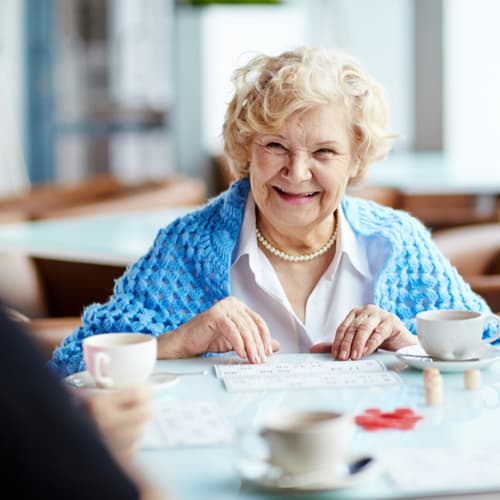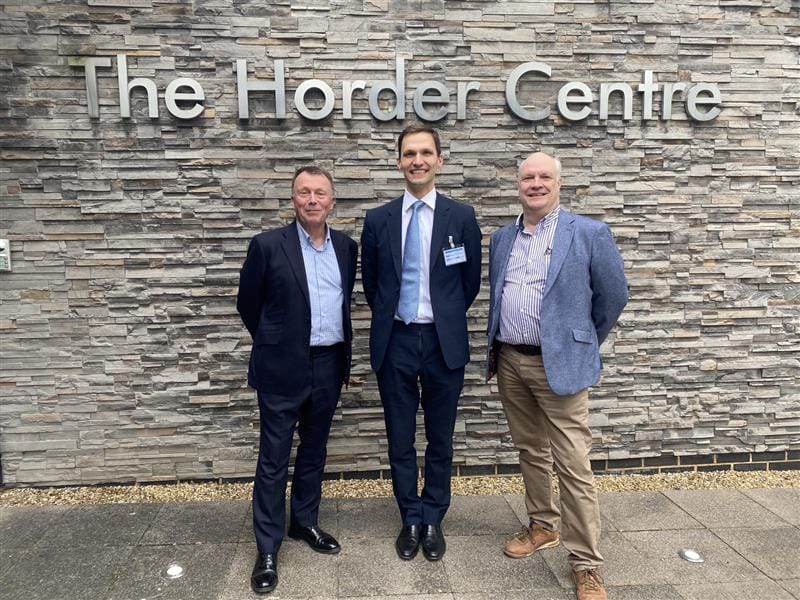By Anne-Marie Pier, Chartered Physiotherapist
Around 40 per cent of amateur golfers sustain an injury while playing, according to a Harvard Medical School Study, the most commonly affected body parts are the back, closely followed by the elbow.
Back pain
The back, especially the lumbar spine is susceptible to large amounts of stress throughout the game of golf. This can be from a number of sources including the motion of the swing and the hunched position that many amateur golfers adopt while putting. The repetitive one-sided twisting nature of the swing, which is repeated between 30 and 50 times during a game (depending on your ability) puts stress on the lumbar spine. Picking up the bag to move onto the next shot can also place stress on the lumbar spine.
Symptoms and treatment
Symptoms of problems with your lumbar spine include pain and stiffness in the lower back, muscle spasm or pain or weakness in the legs. There are some solutions that may help to rectify the problem of back pain.
In terms of technique and equipment, perhaps using a longer putter to avoid the hunched posture, using a buggy/caddy for easier transportation of clubs, using a smaller backswing, rotating the lead hip on the follow through and keeping your knees soft.
It might be an idea to work on your swing with a professional to correct any technical errors. However, acute periods of low back pain should be treated with 48 hours of rest, and then rehabilitation. It may be beneficial to visit a physiotherapist for either rehabilitation from injury or optimising function and movement to prevent injury.
Elbow
Golfer’s elbow (or medial epicondylitis) is characterised by pain or inflammation on the inside of the elbow. It is usually a result of overuse, and contributing factors include gripping the club incorrectly or too tightly and the repetitive stress of the swing. Similar to back pain, amateur golfers may be more at risk from this condition due to the fact they will take more shots in a round and perhaps have technical inconsistencies.
Symptoms and treatment
As well as pain on the inside of the elbow, there may also be stiffness, a weakness in the hand or wrist or pain when making a fist. If you are suffering from these symptoms, the first thing to try is resting the elbow from golf and other aggravating factors, icing the area regularly for 10-15 minutes at a time.
Anti-inflammatory pain medication (such as ibuprofen) can be considered to help relieve symptoms. Another option is to use an elbow brace to offload the pressure from the affected area. Professional coaching can help to fine tune your swing to change any bad habits.
The wrist and hand
The wrist and hand can be placed under stress from the impact of the club on the ball, or the club on the ground for those less successful shots! The metacarpal and finger bones are connected to the wrist by an intricate web of ligaments, tendons and tissues, therefore there are a lot of structures that can be injured by fractures, sprains, and ruptures.
Symptoms and treatment
Carpal tunnel syndrome is characterised by the tingling or numbness of fingers and a decreased dexterity of movement. DeQuervain’s syndrome is characterised by pain at the wrist at the base of the thumb. Again, rest and regular icing of the area can help to reduce pain.
Short term, changing some aspects of your swing such as using a light grip pressure, a slow backswing, with decreased wrist motion and avoiding a steep downswing to decrease the chance of hitting the ground. Longer term, grip strengthening exercises would be beneficial to strengthen the muscles.
If symptoms persist or if you are unsure how to deal with any golfing ailment, it would be wise to seek advice from your GP or a physiotherapist.
What makes Horder Healthcare unique
Horder Healthcare is committed to providing the very best quality of care for our patients and customers. We are continuously working on improving and reducing risks and this is reflected in our consistently high CQC results, patient satisfaction questionnaires and minimal levels of infection.
We are a charity
We reinvest our profit to benefit more people and help us achieve our aim of advancing health.






